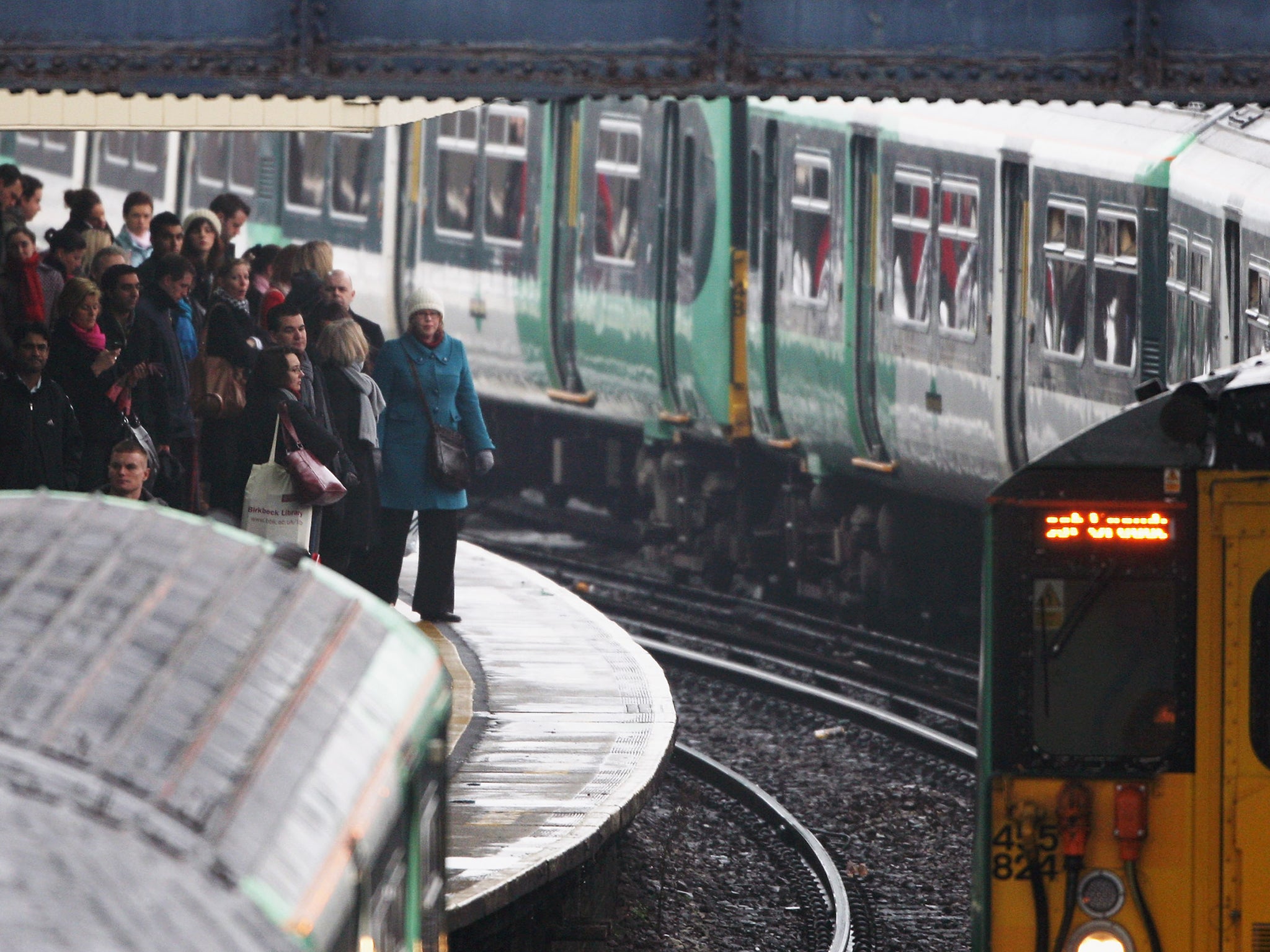Rail delays caused by metal thieves slashed by successful new laws

The epidemic of cable theft which resulted in thousands of hours of delays for rail passengers in recent years has reduced drastically thanks to a change in the law, according to the industry.
Metal pilfering from the railways reached its zenith in 2011 with nearly 1,000 incidents of cable and other equipment being stolen, resulting in more 365,000 minutes of delay - equivalent to nearly 17 hours a day across the network.
Last year the figure had fallen to fewer than 180 incidents, causing three hours of daily delay. Figures released yesterday by Network Rail revealed a further decline so far this year with just 43 incidents up until August and cumulative daily delays of just 30 minutes.
Though factors such as improved security and a fall in the once sky-high prices for scrap metal have contributed, much of the decline is being attributed to legislation last year which required all metal dealers to be licensed, and granted police and councils enhanced powers to inspect their yards.
The Scrap Metal Dealers Act 2013, which had been lobbied for by rail companies and other industries hit by the spate of thefts of commodities such as copper cable and piping, also required sellers to prove their identity when cashing in vanloads of scrap.
Network Rail, which is responsible for rail infrastructure, said the new law had had a “huge impact” on the attractiveness of metal theft as a route to quick money and reduced its disproportionate effects on rail travellers.
In one incident in 2011, a single theft of copper cable on the East Coast Mainline halted 108 trains and resulted in cumulative delays of 17 hours for thousands of passengers. The damage cost more than £80,000 to put right but the income likely to have been received by the thieves was just £50.
A Network Rail spokesman said: “Nationally, delays caused by cable theft have reduced significantly. The improvement is down to a number of factors, including Network Rail and other infrastructure companies successfully lobbying for a change in legislation and police targeting thieves and unscrupulous scrap dealers buying stolen metal.”
Last month, transport minister Baroness Kramer told Parliament the change in the law had been “absolutely crucial” in reducing the problem of metal theft. Break-ins at electricity substations, another favoured target for criminal gangs, have fallen by a third.
Prior to 2005, the disappearance of metal fixtures and fittings was a relatively minor issue for railways and other significant users of cable and piping such as energy suppliers and BT.
But insatiable demand for copper and other metals from China helped pushed the price of scrap to record levels, with copper reaching £4,400 a tonne by 2011. Minimal checks at metal dealers provided an easy route for stolen material to be sold on.
The result was a plague of thefts across country with thousands of incidents of cable stripping and the high-profile disappearance from public parks of metal sculptures and works of art, feared to have melted down and sold for a fraction of their value.
Theft of copper pipe used to connect homes to the gas network has been linked to at least one gas explosion while anecdotes have abounded of roads being stripped of drain covers and playgrounds being emptied of their slides and other equipment.
While the scale of the problem has now diminished, police and companies have warned it has only returned to historic levels and remains a problem which costs the economy an estimated £1bn a year.
BT, which suffers from thieves ripping out long lengths of copper telephone wire, has put in measures including spraying its equipment with an invisible chemical marker and the deployment of software which can pinpoint precise locations where a theft may be ongoing.
Subscribe to Independent Premium to bookmark this article
Want to bookmark your favourite articles and stories to read or reference later? Start your Independent Premium subscription today.
